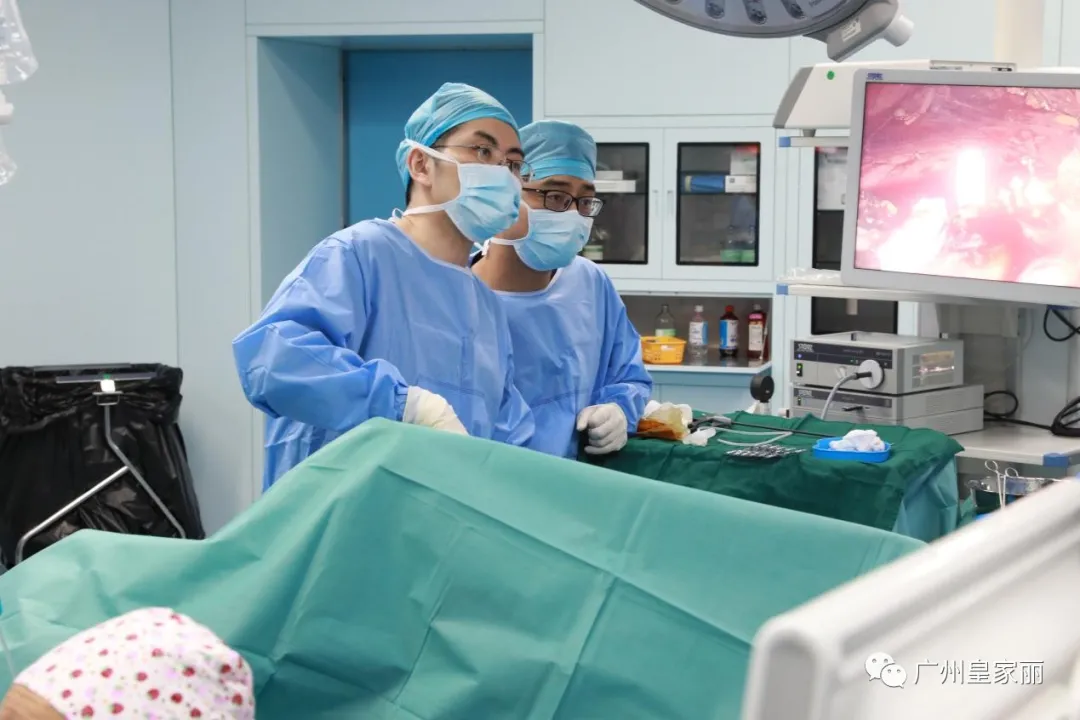March 14th marks World Kidney Day. Chronic kidney disease has become a significant public health issue globally. Patients with early-stage chronic kidney disease often exhibit no clinical symptoms, making it difficult to diagnose. Most patients with moderate to advanced chronic kidney disease are diagnosed after the optimal period for disease progression prevention has passed, making it urgent to delay the progression of chronic kidney disease and the occurrence of complications.
How can kidney cancer be detected early? Most patients may simply experience hematuria or lower back pain, as well as some nonspecific symptoms such as weight loss, abnormal elevation of platelets/red blood cells, and high blood pressure. Most cases of early-stage kidney cancer present with no symptoms at all, leading to delayed medical attention for many kidney cancer patients.
Mr. Wang's Journey with Cancer
Three months ago, Mr. Wang, a 35-year-old resident of Wenzhou, began experiencing frequent episodes of hematuria. Although he had no other physical discomfort, considering his responsibility to care for his twin children and his parents, Mr. Wang decided to seek medical help at Guangzhou Royal Lee Cancer Center in early August.
After comprehensive examinations including CT enhanced scanning, ultrasound, and others at our hospital, it was discovered that Mr. Wang was already in stage T3 of kidney cancer. Through multidisciplinary expert consultations and full communication with Mr. Wang and his family, a practical and effective treatment plan was formulated—laparoscopic radical nephrectomy, a minimally invasive, short-duration, low-bleeding, and fast-recovery surgery, which is the optimal treatment method for achieving the best efficacy for the patient.
On August 23rd, the expert team successfully performed laparoscopic radical nephrectomy for Mr. Wang. Due to the complexity of Mr. Wang's renal hilum vessels, the surgery was challenging, with risks of vascular damage and significant bleeding. However, our expert team remained calm, meticulous, and patient, meticulously separating the fat and vascular sheath surrounding each renal vein layer by layer, and the surgery lasted for a total of 2 hours, ultimately successfully removing the right kidney.


The day after the surgery, Mr. Wang's condition stabilized, and he was able to engage in minimal fluid intake and bedside activities. He is currently in a rapid and stable recovery phase, and his family is very satisfied with the outcome of the surgery.
It is understood that Mr. Wang does not smoke or drink alcohol, so why did he develop kidney cancer? The experts explain that kidney cancer is a common malignant tumor in adults in China, especially prevalent among middle-aged and elderly men who smoke, hypertensive diabetic patients, and obese individuals. However, with changes in modern lifestyles, dietary habits, and environments, many young people are also beginning to develop kidney cancer.
Currently, early-stage kidney cancer can achieve good efficacy through radical nephrectomy (commonly known as total nephrectomy) and other surgical methods, with a five-year survival rate of over 80% after surgery. Therefore, early detection, early diagnosis, and early treatment are key to overcoming kidney cancer.
To prevent kidney cancer, the following tests should be conducted promptly:
Laboratory tests: Blood tests and urine tests. Urine tests mainly refer to routine urine tests. If the results of routine urine tests indicate hematuria, further imaging tests of the urinary system should be conducted to determine the cause of bleeding.
Blood tests: Complete blood cell count, hemoglobin, erythrocyte sedimentation rate, liver and kidney function, lactate dehydrogenase, etc.
Imaging tests: Ultrasound, CT scans, MRI scans, etc., can detect very small kidney masses.
